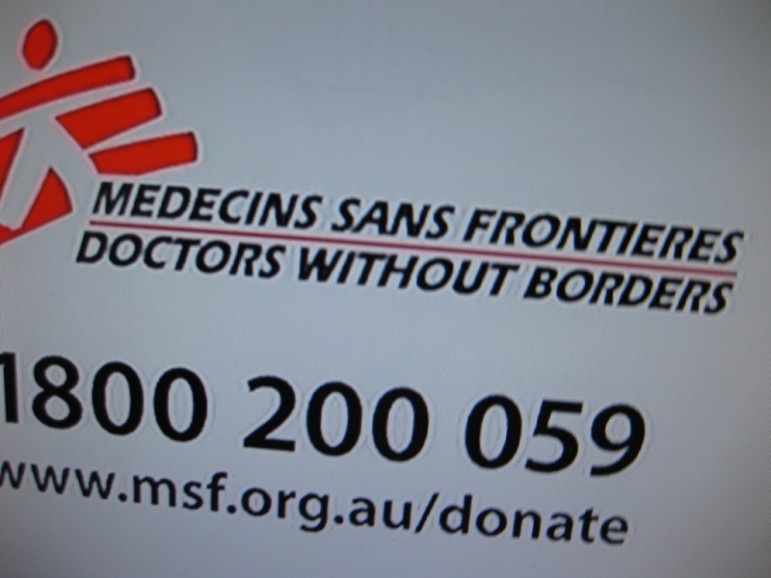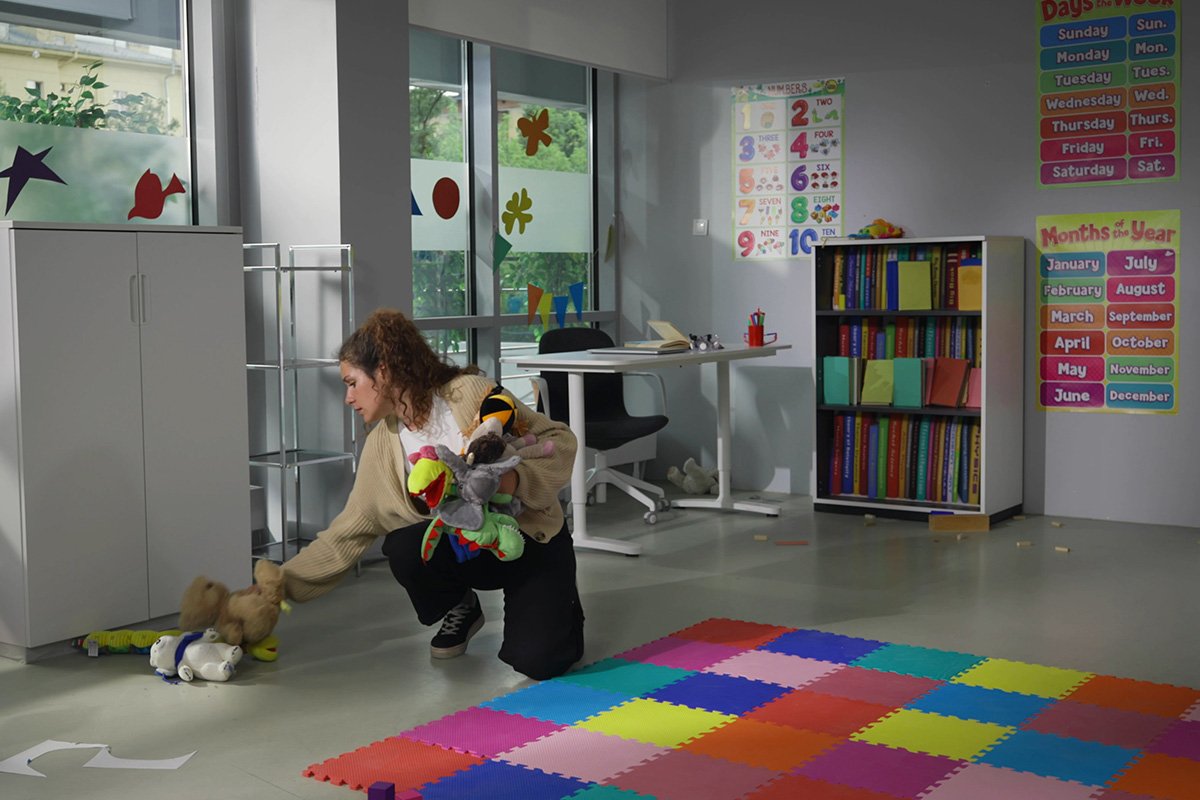
January 5, 2016; Reuters (All Africa)
In an apparent attempt to hold their EU partners accountable for their responsibilities, Doctors Without Borders, or Médecins Sans Frontières (MSF), has ended two roles it has been playing in helping to rescue and serve desperate Syrian refugees fleeing the chaos in their country.
At the end of December, it announced that it was pulling out of the migrant reception center in Pozzallo, Sicily, where it had been offering medical care, because Italian authorities were ignoring their requests for upgrades to the “inadequate” facilities. The site was overcrowded, claimed MSF, and treated refugees in a precarious and undignified way. Pozzallo, which provided shelter to ten percent of the 150,000 immigrants who arrived in Italy last year, was scheduled to act as a “hotspot,” where economic migrants to the EU were to be sorted from refugees eligible for asylum.
Sign up for our free newsletters
Subscribe to NPQ's newsletters to have our top stories delivered directly to your inbox.
By signing up, you agree to our privacy policy and terms of use, and to receive messages from NPQ and our partners.
Yesterday, the charity announced it is also ending its rescue operations in the Mediterranean, where its three ships have rescued an estimated 23,000 in the past eight months.
“We are doctors, and search and rescue shouldn’t be our job,” Stefano Argenziano, MSF manager of migration operations, said in a statement. “We very much hope that European resources will be sufficient in 2016 and that our boats will not be required.”
It appears that the organization is trying to hold its EU partners accountable, but it has not deserted the role altogether, since it will keep its boats on standby in case the European Union does not step up. In the end, it said, the EU should not be risking the lives of refugees by refusing to provide safe transport.
Brice de la Vingne, MSF director of operations, said, “What will really end deaths at sea, in the central Mediterranean as well as in the Aegean, is the implementation of policies and practices that provide safe and legal channels to the EU and eliminate the need for people to use smugglers and overcrowded rubber and wooden boats to reach the shores of Europe.”—Ruth McCambridge












